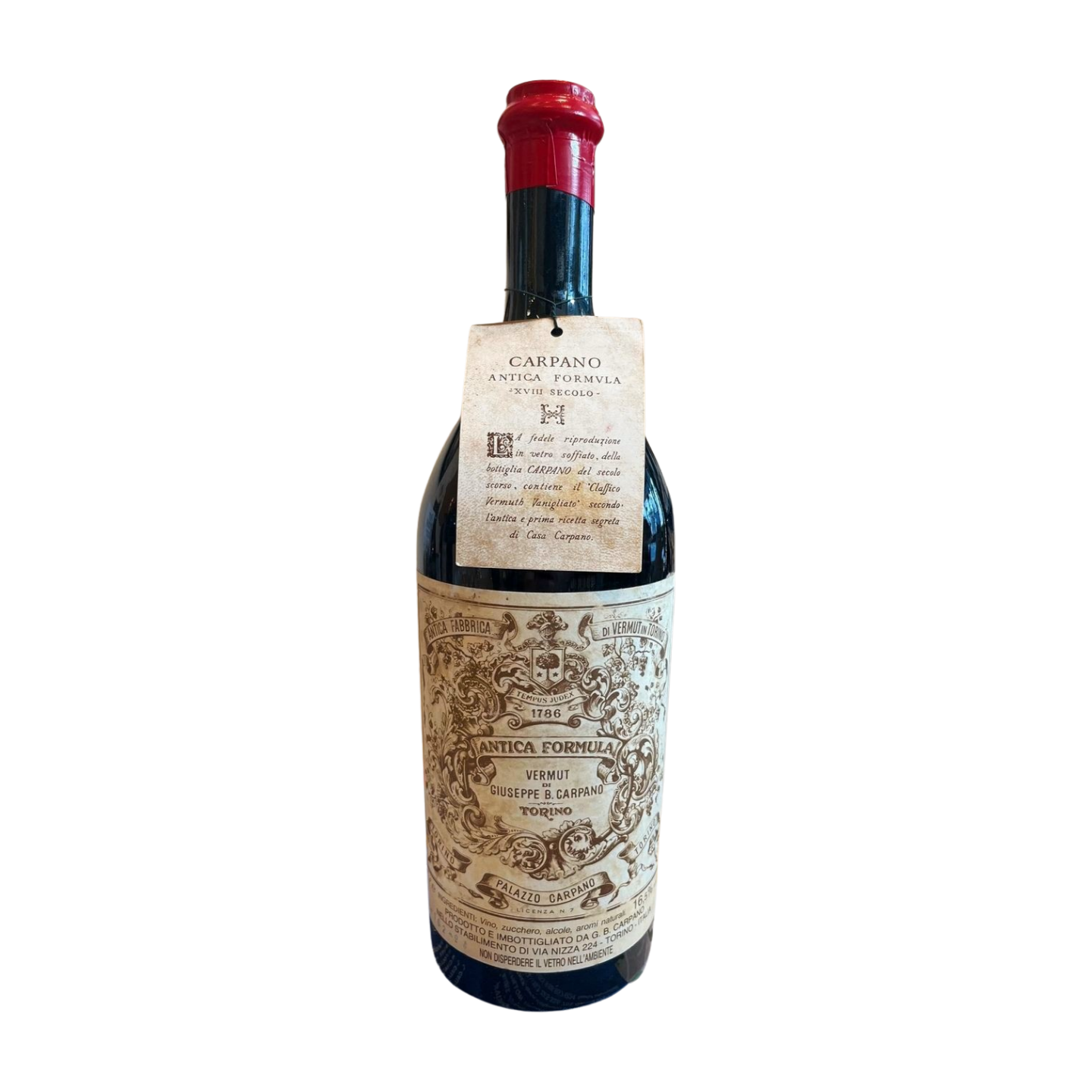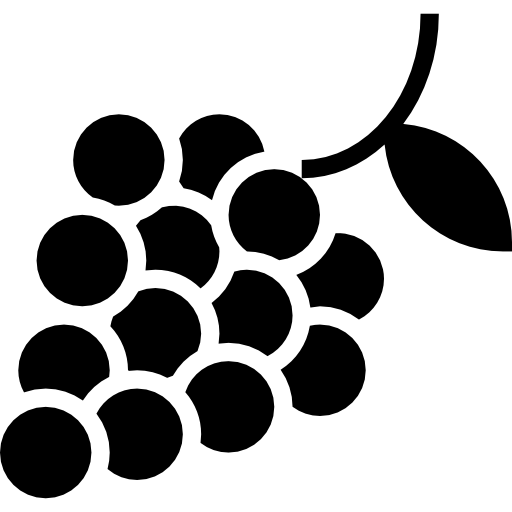Carpano Antica Formula Vermouth, originally crafted by Benedetto Carpano in 1786, has a storied history that includes a notable production period in the 1970s. This vermouth is distinguished by its rich flavor profile and unique manufacturing techniques that have evolved over the years.
The 1970s version of Carpano Antica Formula is characterized by a deep, complex flavor that combines notes of dried fruits such as prunes and dates, alongside candied cherries, vanilla, and spices. The vermouth has a distinct bitter-sweet taste, with a slightly syrupy texture, reminiscent of a booze-soaked fruitcake, and finishes with hints of cinnamon spice.
This flavor profile makes it versatile for cocktails, but it can also be enjoyed neat or on the rocks, allowing the intricate flavors to shine through. The vermouth's rich aroma includes tobacco leaf and orange zest, contributing to its luxurious mouthfeel and aromatic depth.
The production of Carpano Antica Formula has always involved meticulous methods, but the techniques used in the 1970s were particularly traditional. The vermouth is made using a blend of selected Italian white wines, primarily from the regions of Romagna, Puglia, and Sicily. These wines are processed quickly after harvest to prevent oxidation, ensuring freshness in the final product.
Historically, the extraction of botanical ingredients was done through both hot infusion and cold extraction methods, depending on the specific herb or spice used. This careful selection and processing of botanicals contribute to the vermouth's unique flavor profile. The 1970s production likely adhered closely to these traditional methods, emphasizing craftsmanship and quality over mass production.
In contrast, while modern production still respects these traditional techniques, advancements in technology and quality control have been integrated into the process. For instance, the current methods may involve more precise temperature controls and extraction techniques that can enhance the consistency and flavor extraction of the botanicals, while still maintaining the essence of the original recipe.
Carpano Antica Formula is renowned for its role in classic cocktails. It serves as a key ingredient in many recipes, such as the Negroni and Manhattan, where its complex flavors complement the other spirits beautifully. The vermouth's rich, sweet profile allows it to balance out the bitterness of gin or the strength of whiskey, making it a favorite among bartenders and cocktail enthusiasts alike.
Overall, Carpano Antica Formula from the 1970s remains a cherished example of traditional vermouth production, with a flavor profile that continues to captivate drinkers today. Its unique blend of historical techniques and rich flavors makes it a standout choice for both sipping and mixing in cocktails.















